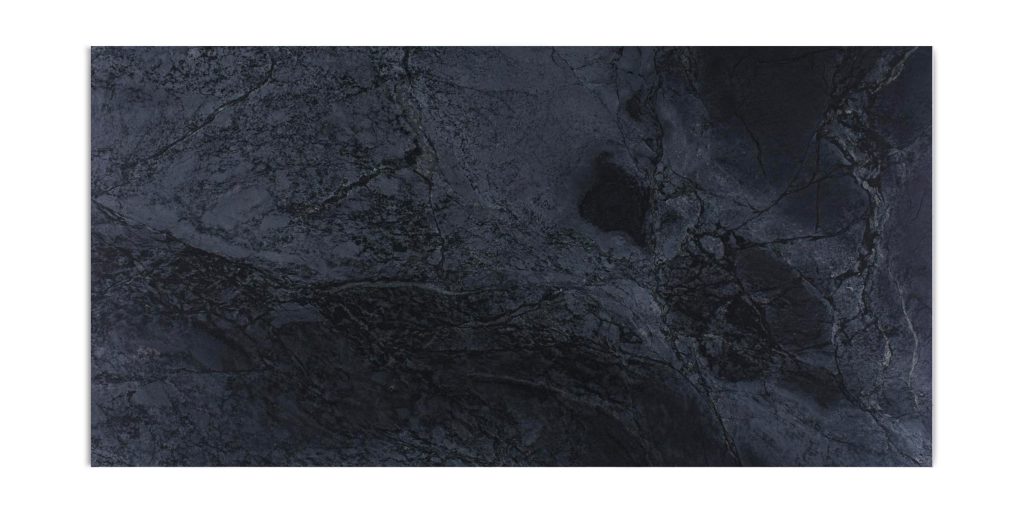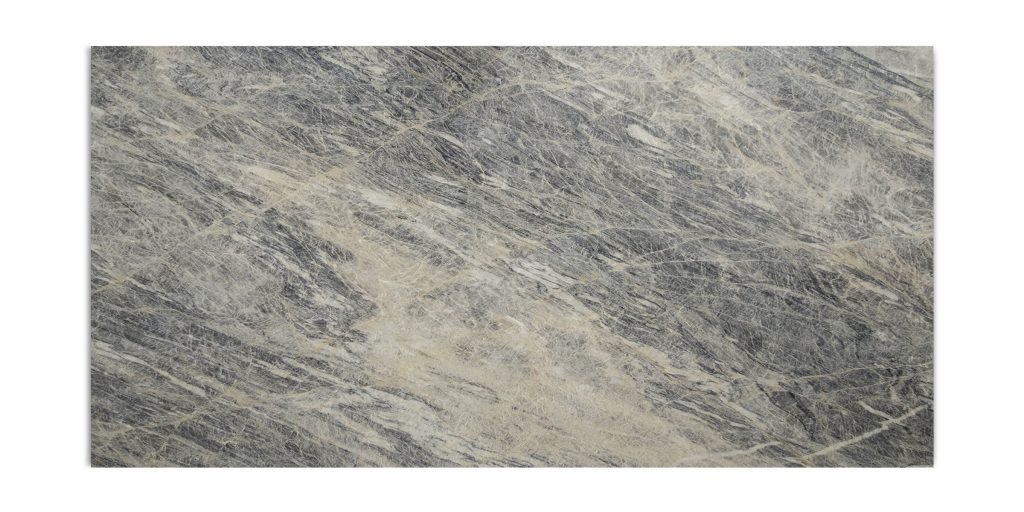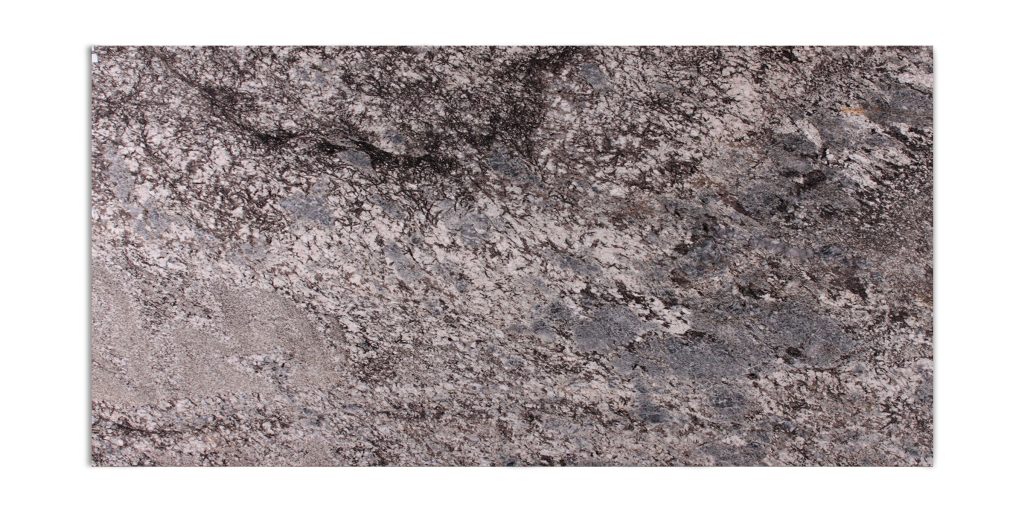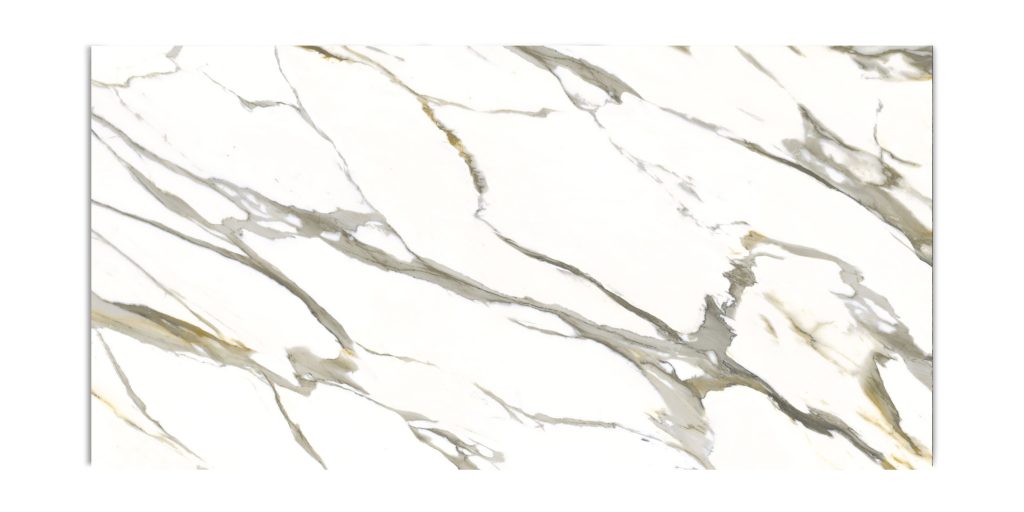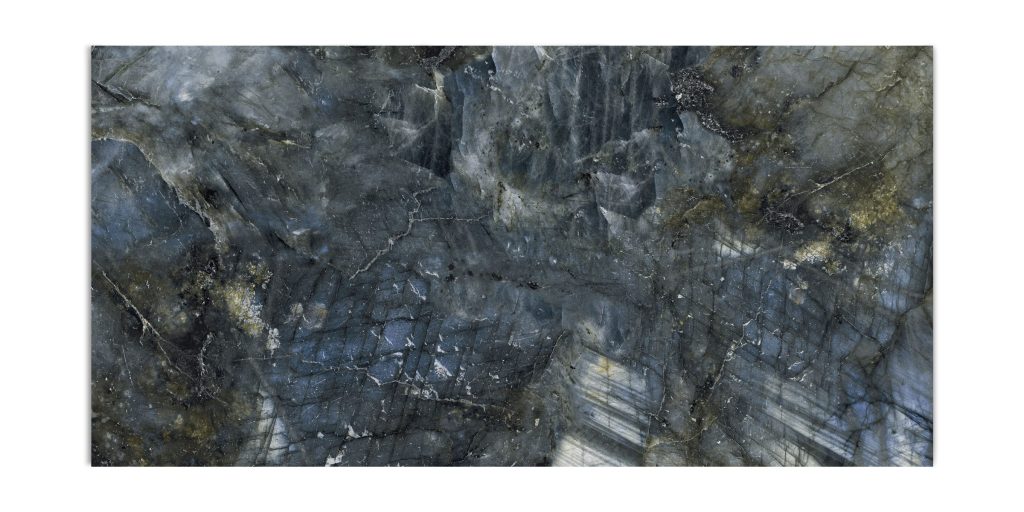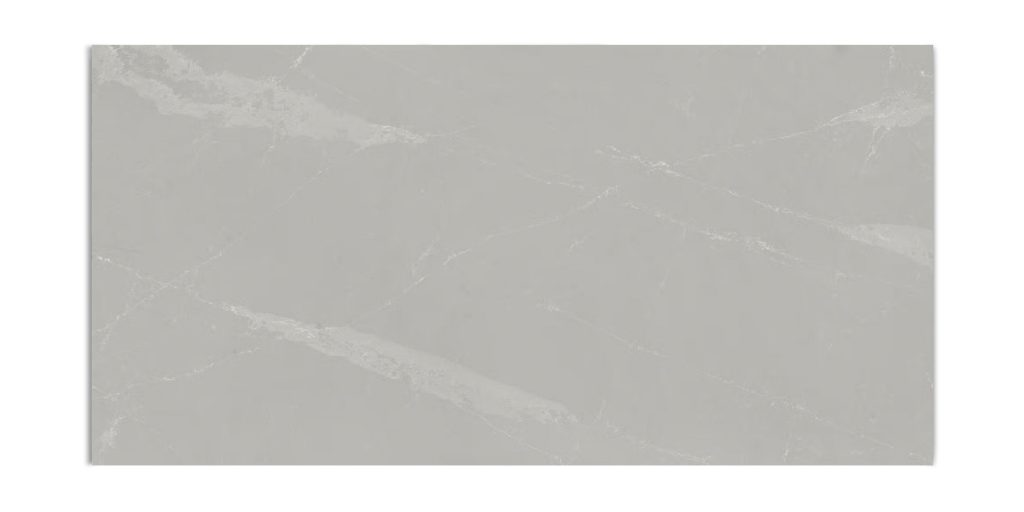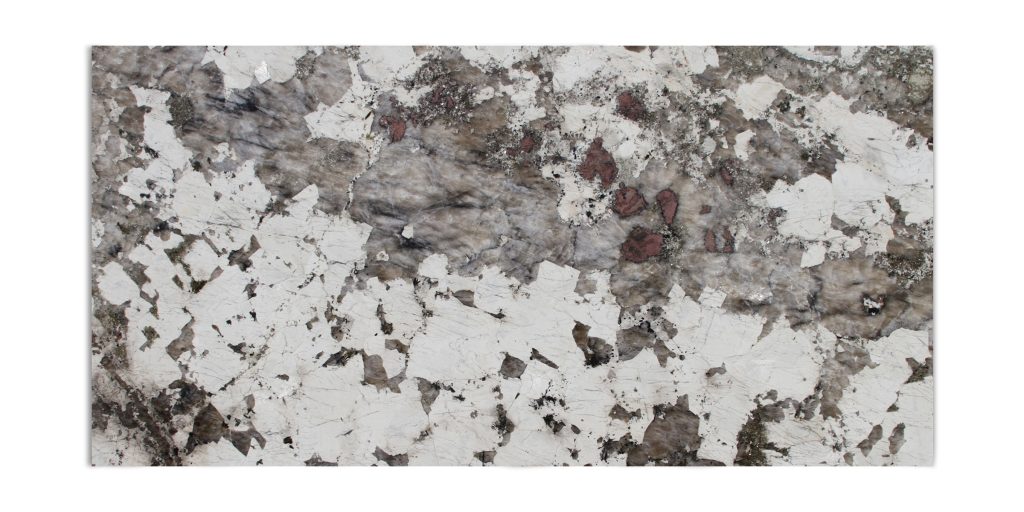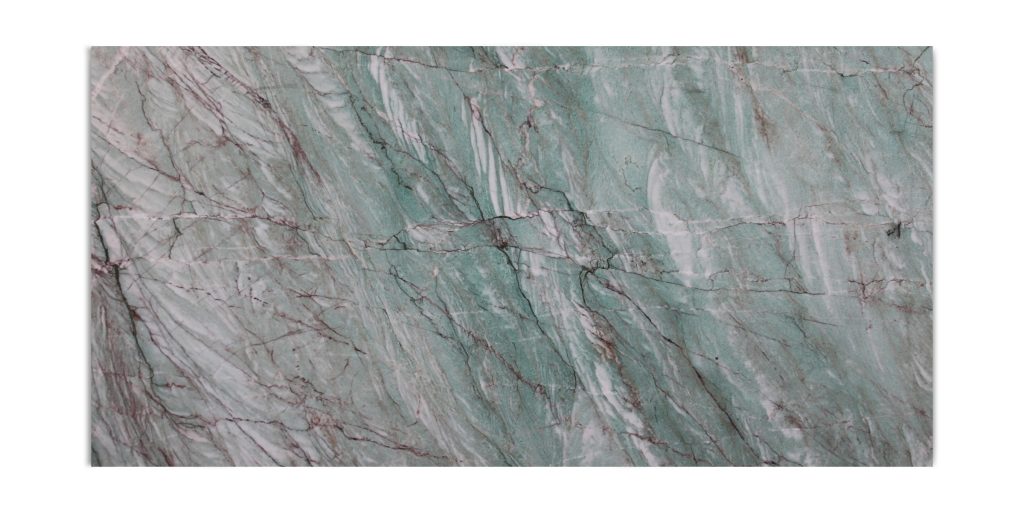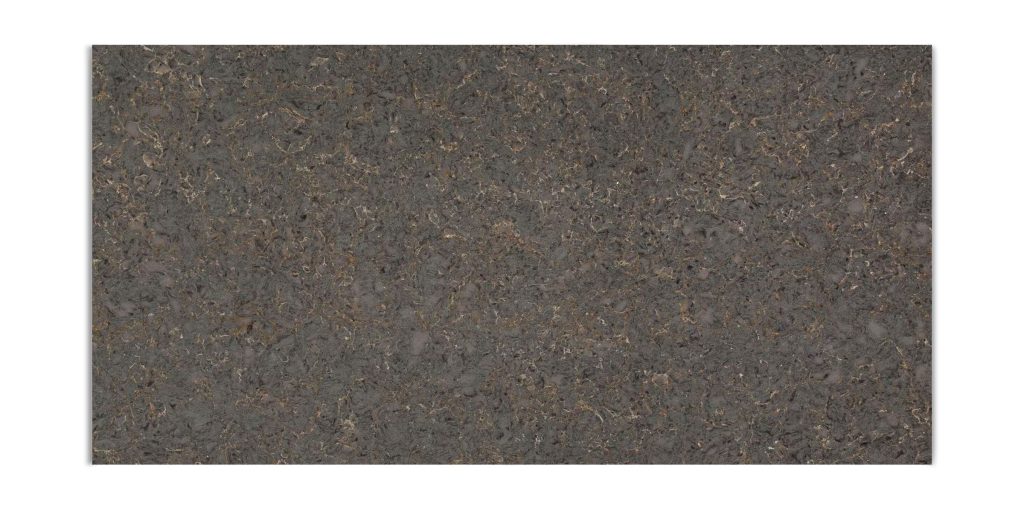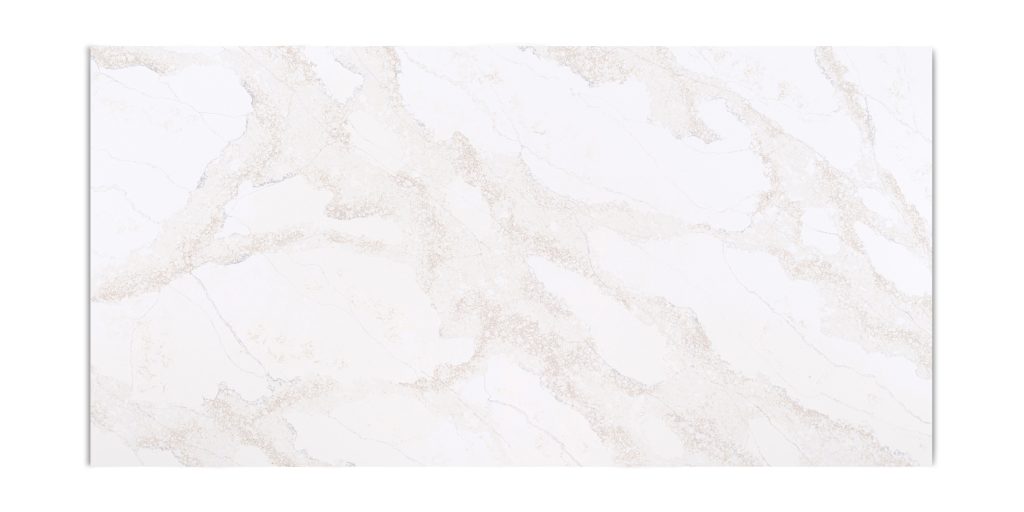Does soapstone crack easily?
If you’re considering soapstone for your kitchen countertops, bathroom vanities, or even a fireplace surround, one of the first questions that probably pops into your head is: Does soapstone crack easily?
Let’s break it down.
First, What Is Soapstone?
Soapstone is a natural stone made primarily of talc, which gives it that soft, silky feel. It’s been used for centuries in everything from countertops to sculpture, and it’s loved for its rustic charm, heat resistance, and ease of maintenance.
But with softness comes a catch—or does it?
So, Does It Crack Easily?
Not really. But it can. Here’s the deal:
Soapstone is softer than granite or quartz, which means it can get nicked or scratched more easily. But when it comes to cracking, that’s a different story. Soapstone is actually quite dense and non-porous, so it’s less likely to crack from things like heat or moisture penetration—two of the common culprits behind stone damage.
However, cracks can occur due to:
-
Heavy impact (like dropping a cast iron skillet on it)
-
Structural stress (improper installation or inadequate support)
-
Natural imperfections in the stone itself
So while it doesn’t crack easily, it’s not completely immune.
What Happens If It Does Crack?
Here’s the good news: soapstone is easy to repair. Minor chips and scratches can be sanded down or filled with epoxy. Many homeowners actually embrace the natural aging process of soapstone—it develops a patina and character that makes it even more beautiful over time.
How to Prevent Cracking
-
Ensure professional installation to provide proper support
-
Avoid excessive weight or blunt force on unsupported edges
-
Use cutting boards and trivets to reduce wear and tear
Final Verdict
So does soapstone crack easily? Soapstone isn’t fragile, but it’s not indestructible either. It’s tough enough for everyday use, especially if you’re drawn to that lived-in, natural look. If you want something with zero maintenance or a perfectly pristine surface forever, soapstone might not be your match. But if you’re okay with a few stories told through scratches and some occasional TLC, it might just be the one.
Have more questions about soapstone or choosing the right surface for your space? Drop them in the comments below!

